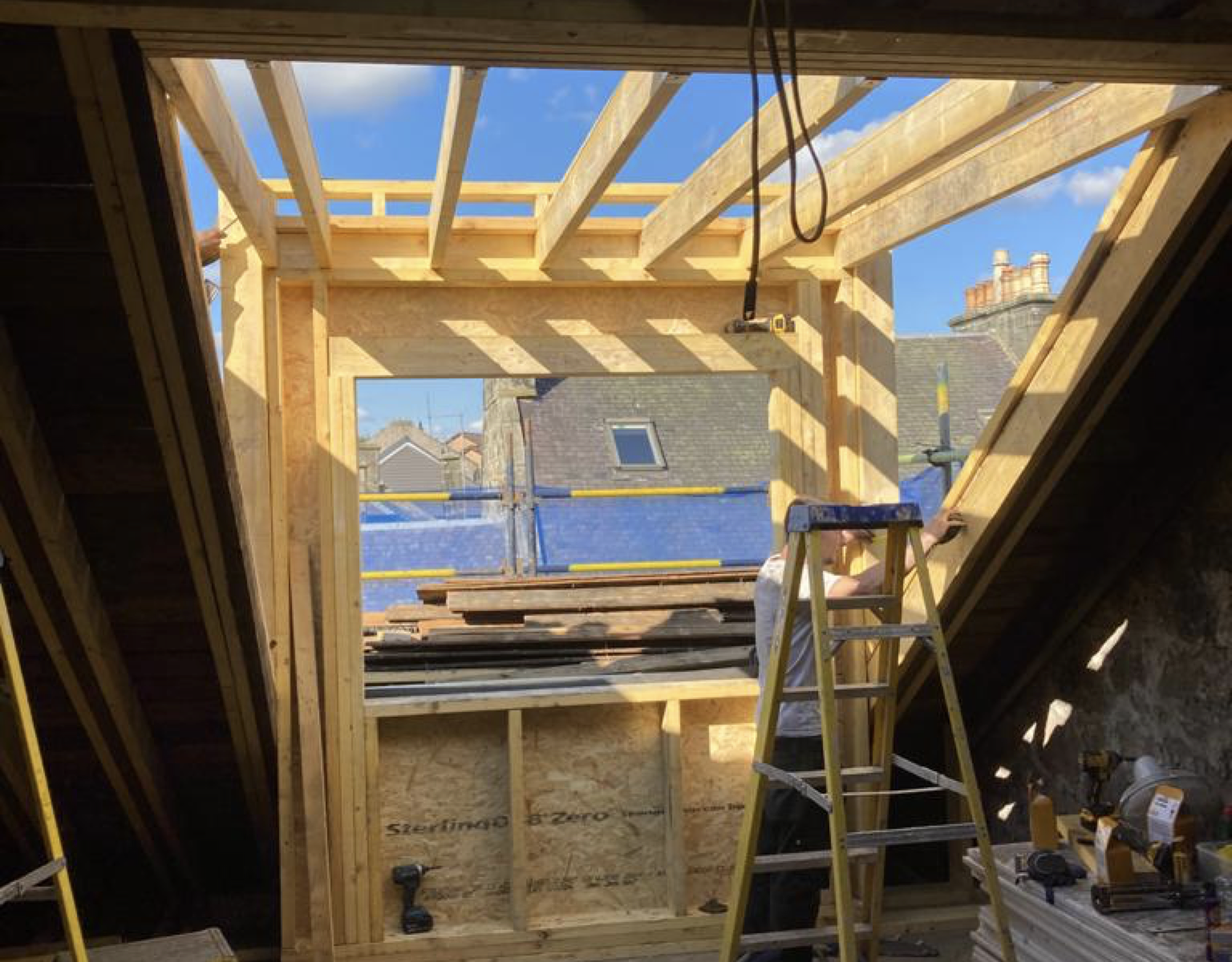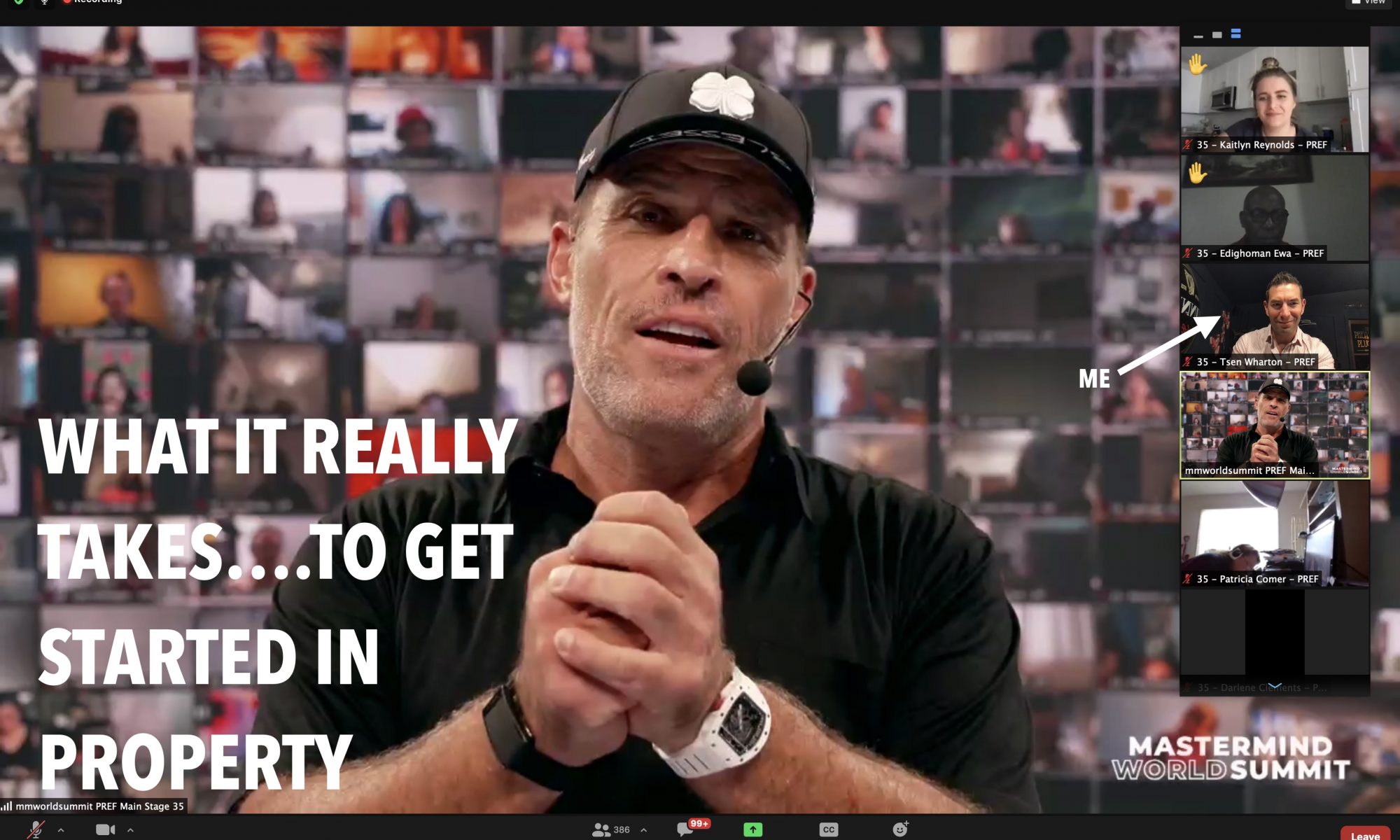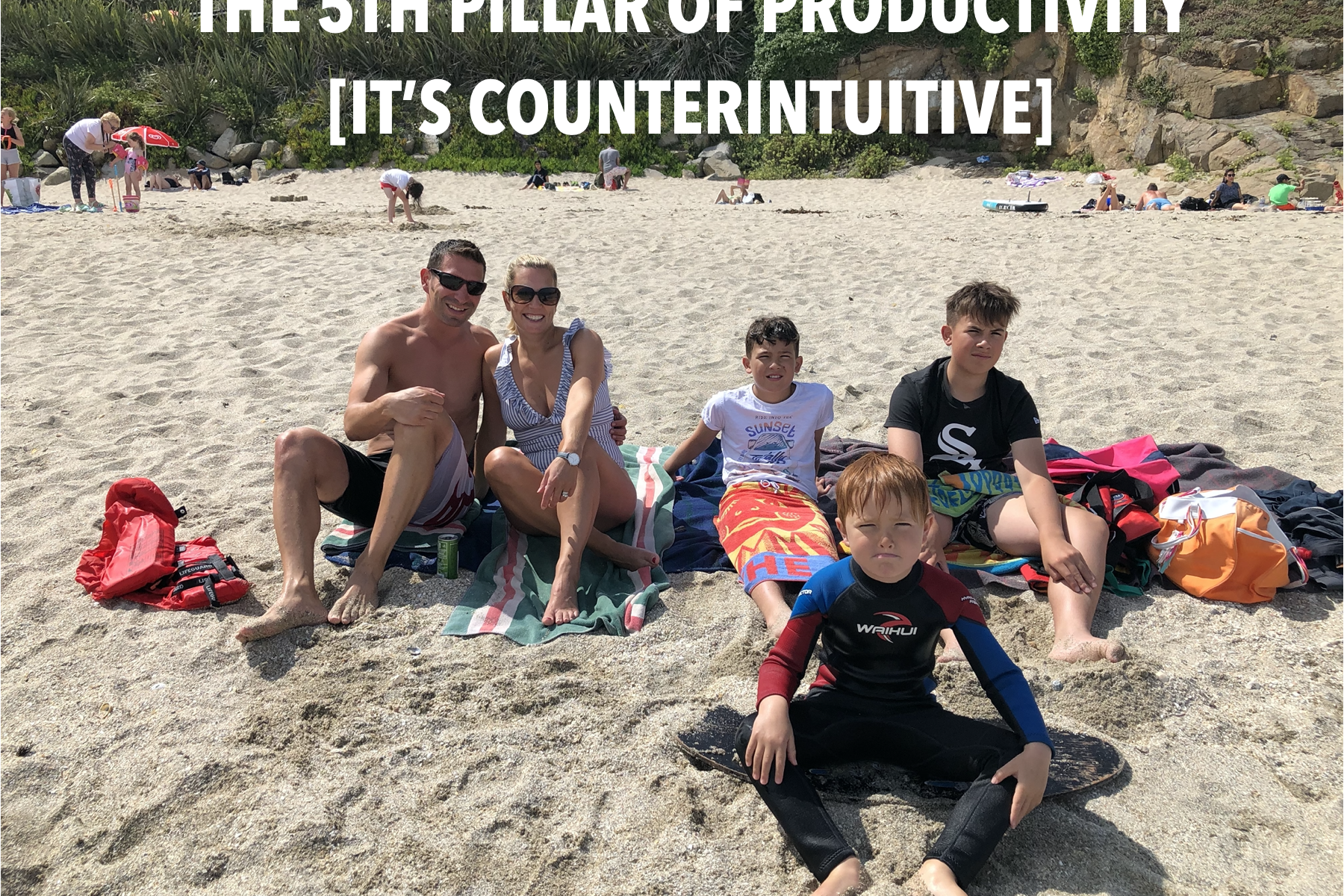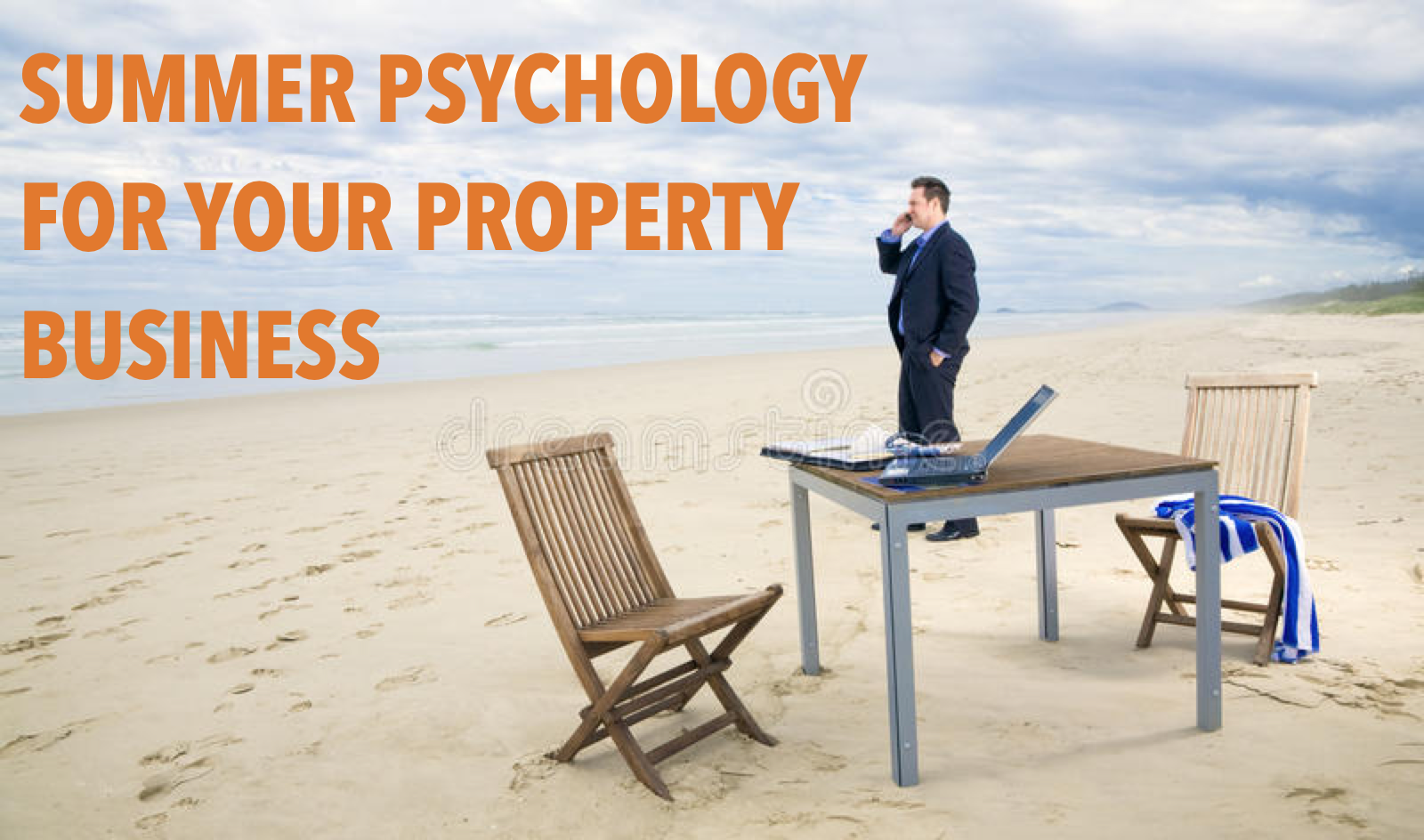Are there certain messages you’ve heard from multiple different influential people, repeatedly over the years? There must be something in that right? Otherwise we wouldn’t hear it and read it so frequently. Sometimes it takes hearing a message for the eighth, ninth or even tenth time and for it to be packaged up slightly differently for it to really sink in. More on that in a moment.
This week was Mastermind week – 4 days of working with small groups of property investors at various stages of their journeys, drawing on collective intelligence to help people get from where they are to where they want to be.
There was one recurring and prominent topic/question that came up this week, and that was to do with ‘HOW’ ie HOW do I get started or HOW do I get to the next level. That might be in the context of getting started from scratch, or it may be in relation to already having some BTL experience but getting started in a whole new strategy.
Since I love masterminds so much, the 4 days of property masterminding has been followed up this weekend with 3 days online for the virtual Mastermind World Summit, delivered by Tony Robbins and Dean Graziosi.
I have scribbled down so much gold in my notebook from the wisdom of big Tony and the other speakers. In reviewing my notes there was a clear message jumping out at me because of the recurring topic we’d been discussing in the property masterminds about what it takes to get started [and then carry on].
So, what does it take? Well, as I say I’ve heard this kind of message many times over the years but the words from Tony and a few other speakers this weekend have framed things clearly and powerfully so I thought it would be helpful to share them. Afterall, with 105 companies and a revenue of $6bn/year the big man has got a bit of credibility 😁. Tony and the other speakers were talking in the general context of getting started in business and I was filtering it all through the perspective of property, and it’s 100% applicable.
Below I’m going to paraphrase a selection of my notes from Tony Robbins, Dean Graziosi and Lisa Nicholls so you can benefit from the same message, packaged slightly differently, to find the one that resonates with you.
So to remind you, that recurring topic/question that came up was ‘How do I get started property investing.
NOTES FROM TONY ROBBINS
We need to beat what Tony calls the ‘tyranny of how’. He calls starting with how the kiss of death. How doesn’t matter, what matters is WHAT YOU WANT and WHY YOU WANT IT.
If you try to work on how first, you get uncertain. Instead you need to get certainty first in WHAT YOU WANT and WHY you want it, then you can turn your energy and commitment to the learning and being resourceful. In other words, reasons come first and answers come second.
So in the context of property – if you want to earn £5K per month from property, WHAT is it you really want, and WHY do you want it?
Tony said, ‘the most costly thing for people is to figure out how’, he was referring to how to be perfect. But perfect is the lowest standard because it is impossible. You don’t have to be perfect, you just need to start.
Let’s say you’ve made the commitment and investment in your property education, now you need to be putting that into action without stressing about being perfect or making any mistakes. There is no one successful in property who hasn’t made a lot of mistakes. So don’t judge yourself too soon, commit to the journey of apprentice to mastery.
‘When you don’t feel ready, that’s when you’re ready.’
The 3 Forces of creation
#1: FOCUS – the power of absolute clarity and commitment (in other words what you want from property and why)
#2: MASSIVE ACTION – effective execution is the cure all (what Tony was saying here was that if we try something and it doesn’t work, we need to get back up and try it again with a different approach, and keep doing that until we create a result. Too many people stop 5 feet from the goal.
#3: GRACE – appreciate the gifts in your life, all the things you haven’t had to make that have been give to you because ‘money won’t make you rich, gratitude will’.
What does it take to carry on and be successful long term? MOMENTUM
‘Momentum makes it easier to make success than it is to fail’.
So how do you get momentum I hear you ask – there is nothing like progress to get momentum. Consistent incremental progress that you see, acknowledge and measure. What progress are you measuring in your property activities?
NOTES FROM LISA NICHOLLS [Best-selling Author, Founder and CEO of Motivating the Masses]
Getting started is about conviction over your convenience.
‘We all struggle from impatience but we don’t get fruit by standing over the seed and watching it’.
Sometimes you don’t speak with certainty (when starting out) because you haven’t figured out the how yet. But don’t get confused and caught up in the how when it’s still time to talk about the what.
You’ve got to get sold on the what so the how can show up. Sometimes you get so consumed with the how too early and you get creative constipation, and you don’t create.
Get sold out on the what then go figure out the how, and that how then becomes non negotiable’.
So in property terms that ‘how’ could be the skills, systems, techniques you can learn from others that you commit to actually implementing consistently because you’re committed to the WHAT with your personal reason WHY.
NOTES FROM BARI BAUMGARDNER [founder of leading live events business]
‘It starts with enrolling yourself, enrolling yourself in your vision – knowing you are meant for more and taking the steps to become more starts with taking uncomfortable action. That’s when you seek out education and systems modelled by others who have figured out. But there is no magic injection, you have to learn the steps and then take action, have to exercise it like a muscle, everyday, every week. Tony refers to the 3 steps of immersion, repetition and implementation to get mastery in anything.’
IN CLOSING
So there you have the same message packaged up 3 slightly different ways. Does one of those strike a chord with you or give you a lightbulb moment? Which one?





